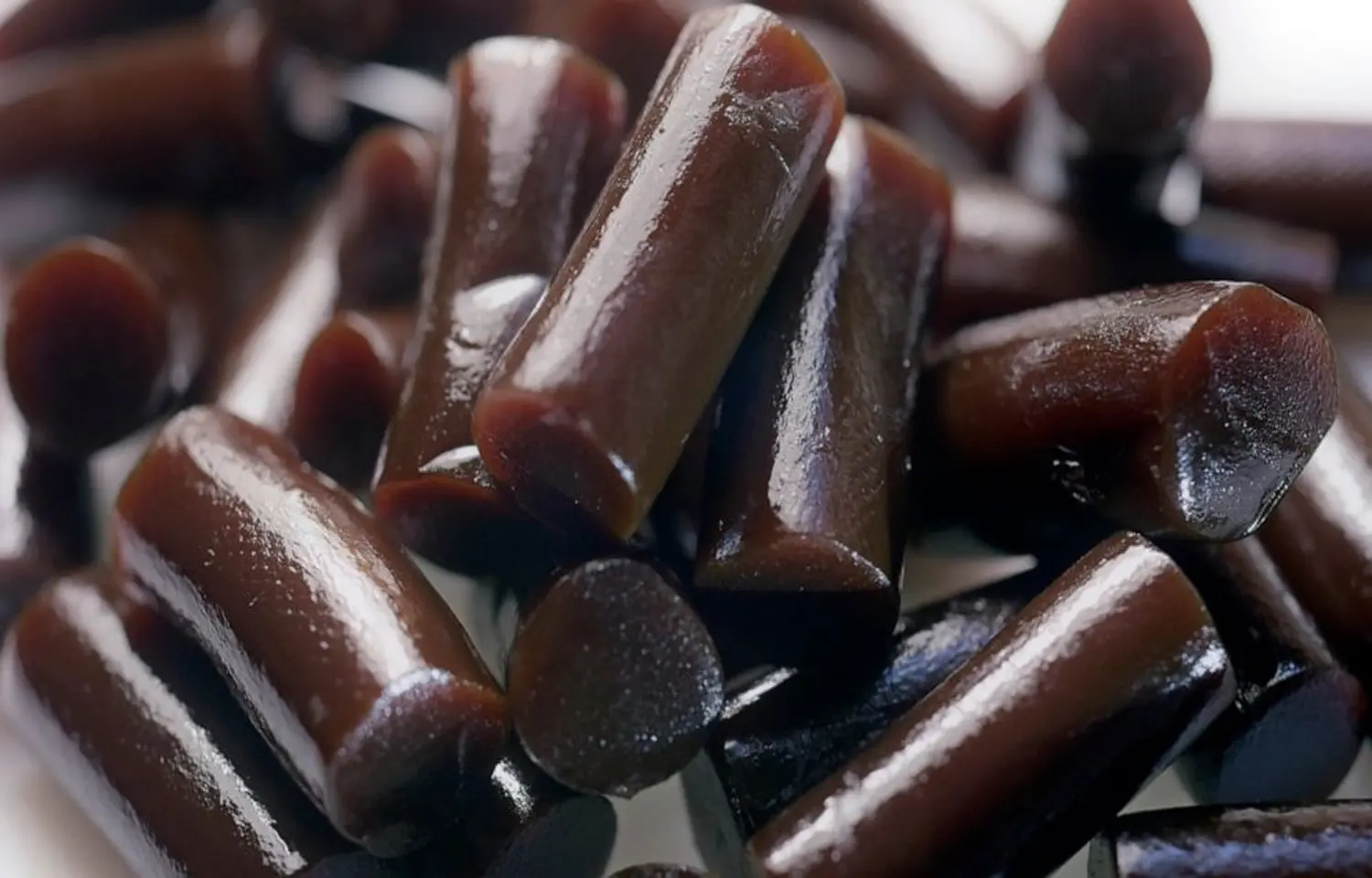- Home
- Medical news & Guidelines
- Anesthesiology
- Cardiology and CTVS
- Critical Care
- Dentistry
- Dermatology
- Diabetes and Endocrinology
- ENT
- Gastroenterology
- Medicine
- Nephrology
- Neurology
- Obstretics-Gynaecology
- Oncology
- Ophthalmology
- Orthopaedics
- Pediatrics-Neonatology
- Psychiatry
- Pulmonology
- Radiology
- Surgery
- Urology
- Laboratory Medicine
- Diet
- Nursing
- Paramedical
- Physiotherapy
- Health news
- Fact Check
- Bone Health Fact Check
- Brain Health Fact Check
- Cancer Related Fact Check
- Child Care Fact Check
- Dental and oral health fact check
- Diabetes and metabolic health fact check
- Diet and Nutrition Fact Check
- Eye and ENT Care Fact Check
- Fitness fact check
- Gut health fact check
- Heart health fact check
- Kidney health fact check
- Medical education fact check
- Men's health fact check
- Respiratory fact check
- Skin and hair care fact check
- Vaccine and Immunization fact check
- Women's health fact check
- AYUSH
- State News
- Andaman and Nicobar Islands
- Andhra Pradesh
- Arunachal Pradesh
- Assam
- Bihar
- Chandigarh
- Chattisgarh
- Dadra and Nagar Haveli
- Daman and Diu
- Delhi
- Goa
- Gujarat
- Haryana
- Himachal Pradesh
- Jammu & Kashmir
- Jharkhand
- Karnataka
- Kerala
- Ladakh
- Lakshadweep
- Madhya Pradesh
- Maharashtra
- Manipur
- Meghalaya
- Mizoram
- Nagaland
- Odisha
- Puducherry
- Punjab
- Rajasthan
- Sikkim
- Tamil Nadu
- Telangana
- Tripura
- Uttar Pradesh
- Uttrakhand
- West Bengal
- Medical Education
- Industry
Too much black licorice candy cost man his life: NEJM case report

Dr Elazer R. Edelman at Department of Medicine, Brigham and Women's Hospital and associates have reported a case of death of a man after eating bags of black liquorice candy. The case has been reported in New England Journal of Medicine.
A 54-year-old Massachusetts construction worker gasped suddenly and lost consciousness in a fast-food restaurant.Emergency medical services personnel arrived, and cardiopulmonary resuscitation was initiated.He was evaluated at the hospital after cardiac arrest associated with ventricular fibrillation.
His love of black licorice candy cost him his life. Eating a bag and a half every day for a few weeks threw his nutrients out of whack and caused the 54-year-old man's heart to stop, doctors reported.
The death was clearly an extreme case. The man had switched from red, fruit-flavored twists to the black licorice version of the candy a few weeks before his death last year. Doctors found he had dangerously low potassium, which led to heart rhythm and other problems. Emergency responders did CPR and he revived but died the next day.
"Even a small amount of licorice you eat can increase your blood pressure a little bit," said Dr. Neel Butala, a cardiologist at Massachusetts General Hospital who described the case in the New England Journal of Medicine.
LICORICE extract from the root of Glycyrrhiza glabra is one of the sweetest substances known and has long been used in Chinese medicines.
The glycyrrhizic acid found in black licorice and in many other foods and dietary supplements containing licorice root extract can cause dangerously low potassium and electrolyte imbalance.
Eating as little as 2 ounces of black licorice a day for two weeks could cause a heart rhythm problem, especially for people over age of 40, the U.S. Food and Drug Administration warns.
The FDA permits up to 3.1% of a food's content to have glycyrrhizic acid, but many candies and other licorice products don't reveal how much of it is contained per ounce, Butala said. Doctors have reported the case to the FDA in hope of raising attention to the risk.
'It's more than licorice sticks. It could be jelly beans, licorice teas, a lot of things over the counter. Even some beers, like Belgian beers, have this compound in it," as do some chewing tobaccos, said Dr. Robert Eckel, a University of Colorado cardiologist and former American Heart Association president.He had no role in the Massachusetts man's care.
Dr Kamal Kant Kohli-MBBS, DTCD- a chest specialist with more than 30 years of practice and a flair for writing clinical articles, Dr Kamal Kant Kohli joined Medical Dialogues as a Chief Editor of Medical News. Besides writing articles, as an editor, he proofreads and verifies all the medical content published on Medical Dialogues including those coming from journals, studies,medical conferences,guidelines etc. Email: drkohli@medicaldialogues.in. Contact no. 011-43720751


